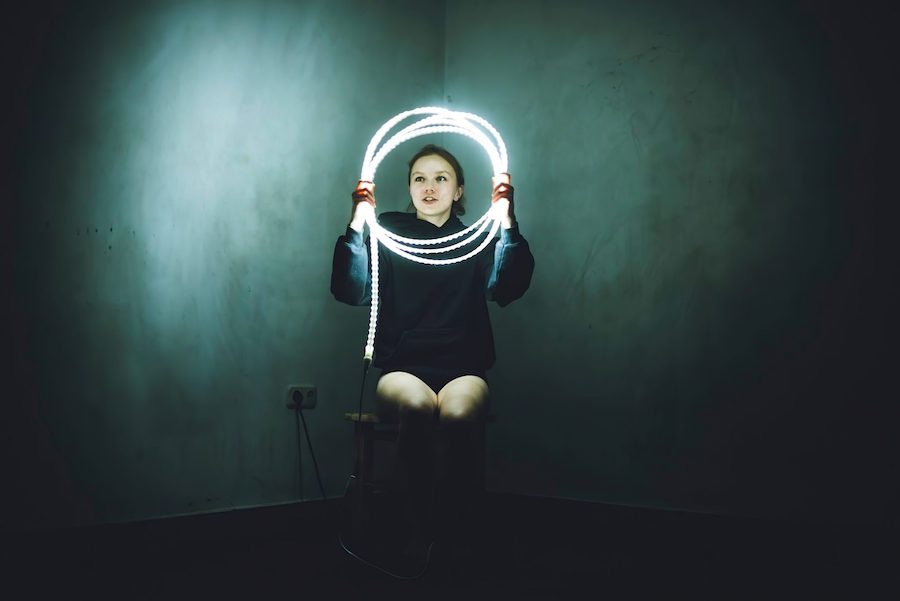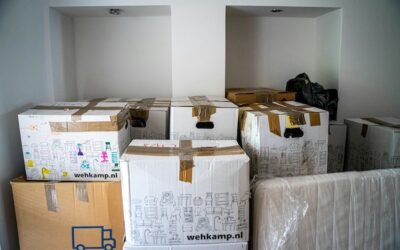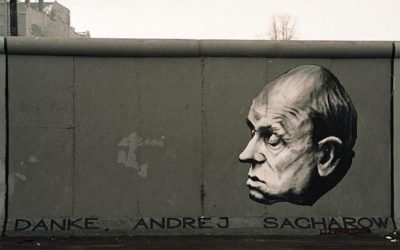Three strategies for civic education. Part 2
Sonya Smyslova and Ella Rossman
Photo: The goal of the theater is not only to reflect on social problems, but also to inspire direct political action. Photo: Belarus Free Theatre, https://belarusfreetheatre.com/education
In the first part of our essay, we talked about how civic education works and presented two strategies that help education not simply mimic the structure of an unjust society, but rather overcome and rethink it:
- First strategy: Deconstructing the hidden curriculum
- Second strategy: Imagining an alternative future
In the second part, we present a third strategy: interaction between civic education, activism, and art.
Third Strategy:
Civic Education, Activism, and Art
Another dimension of civic education projects that we consider vital is the connection to art and activism.
Nonverbal techniques. As we have already stated, the experience of artists and activists can enrich the educational space by offering new approaches. For example, having an artistic practice allows a person to comprehend and overcome existing ideas and hierarchies at a nonverbal level. After all, it is not always possible to articulate these hierarchies verbally, and verbalization per se does not necessarily offer an alternative path.
Art expands a person’s range of imagination about the future, all while including their body, voice, and emotions in this reconstructive process—all things that are often undeservedly excluded from education in favor of intellectual knowledge.
Cooperation. Activism also makes it possible to “anchor” one’s imagination to a specific action in the present moment. It gives students a sense of agency (“I can influence something”). It opens up space for participatory, collaborative practice and solidarity—that is, the opportunity to create together, uniting and sharing experiences with others.
Reaching beyond the usual pedagogical norms through creative exploration—as well as self-exploration, practical influence, collective action, and non-intellectual knowledge—expands the toolkit of civic education, reviving its potential to transform reality.
Belarus Free Theater
One example of how to combine education, art, and activism in a single project is the Belarus Free Theater (BFT). The founders use theater as a form of self-exploration with a view to resisting the dictatorship; they raise hot-button social issues on the stage and “restore” the voices of those who go practically unheard in modern Belarusian society and beyond.
Their new performance, “Postchildhood. Postescape,” is dedicated to the lives of Belarusian and Ukrainian teenage refugees. It is based on the stories of students at the Free Artist Theater School, which operates in Warsaw and invites teenagers aged 14-17 from refugee families to apply. All the roles are played by students at this studio.
The performance combines educational, artistic, and activist approaches.
In addition to theatrical productions, the BFT holds an international summer school on techniques in artivism, as well as leading campaigns on issues involving the environment, inequality, and vulnerable groups. Theater members are lobbying for sanctions to be imposed on politicians guilty of human rights violations.
The theater’s mission is not only to reflect on social problems, but also to engage in direct political action. The theater was repeatedly subjected to political pressure in its native Belarus. Now it is based in London and performs all over the world.
Difficulties of Online Learning
Although the Belarus Free Theater has been forced to operate outside of Belarus, it is still mostly oriented toward in-person learning.
Many Russian civic education projects are moving online today, partly out of a desire to make this sort of education accessible both to students within Russia and to those who have relocated to other countries—to narrow the gap between those who have left and those who remain.
Online learning makes it harder to connect with artists, activists, and local communities. For one thing, sustainable online communities do not simply crop up organically. Building such communities requires additional effort: for example, to schedule individual calls for students to chat and get to know each other, and to create chat rooms on social networks.
For another, the online format does not allow you to accidentally stumble upon local groups in the way that happens in a public library or gallery, where various events take place in adjacent rooms and are discussed by employees and regular visitors.
Working in an in-person format allows you to build a connection to the city, to its materiality, to the social environment. This is important for civic education and can be used as a teaching tool. In this sense, online education hangs in a weightless space, asocial and non-material, far removed from social processes. This contradicts the basic principle of education: active involvement in social life.
Learning from Antiuniversity
One of the authors of this piece has faced all of these issues in her own practice.
In 2019-21, she worked on the civic education project known as the Antiuniversity. With the outbreak of the pandemic, she and her team were forced to move her instruction from Moscow cultural institutions to Zoom. Her main conclusion was that online civic education requires much more conscious, deliberate action that makes it possible to connect the educational process with the reality outside the educational institution. The creators of the project must make constant and repeated attempts to connect the educational process with the outside world by:
- Inviting guest speakers (the advantage of the online format is that it allows you to invite speakers from all over the world); or
- Incorporating open calls for submissions or other engaging formats into your initiatives to learn more about invisible communities.
So, if you are teaching a course on women’s rights, you can publish an open call among women’s organizations inviting employees to give presentations on their work.
Finally, students can be given tasks to help them reconnect with the world beyond the computer screen. For example, in a course on urban activism, you can ask students to take pictures of certain objects in their city or to interview local figures—in other words, to consistently bring physical objects into the virtual classroom to expand its boundaries.
“Project Progress”
An interesting example of the intersection of activism, political activity, and education is the new Russian “Project Progress” [the name in Russian is a play on the words “You” and “Movement” (i.e. social/political movement). The word itself connotes “progress”—translator’s comment]. It united scientists and politicians (and political scientists) on a single online platform to discuss democracy, ideologies, gender inequality, and the future of Russia.
* * *
The challenges faced by Russian civic education today relate primarily to overcoming authoritarianism and the changing Russian society. We have proposed three strategies to help meet these challenges.
- The first is working on the hidden curriculum, which involves taking a critical look at the norms and hierarchies that surround students inside and outside the classroom.
- Second, we propose implementing the practice of imagining an alternative future. This practice helps a person to form their own political position and subjectivity, and to seek alternatives to existing public institutions.
- Third, actively employing artistic and activist practices in civic education allows students to use their imaginations and include their bodies and emotions in the educational process instead of being limited to abstract intellectual cognition. This also gives them the opportunity to include direct civic action in the educational process.
How exactly should these strategies be implemented in the online environment? After all, many Russian civil projects have been converted to an online format. Civic instruction requires active involvement in social life, which is difficult to achieve in a digital context.
In such conditions, the founders of civic educational projects must rethink their strategies of interaction across geographically remote communities and return them to the local context.
We believe that by following the proposed strategies, civic education can become a force that will allow Russian society to free itself from the vicious circle of violence that continues to propagate an unjust system.





0 Comments